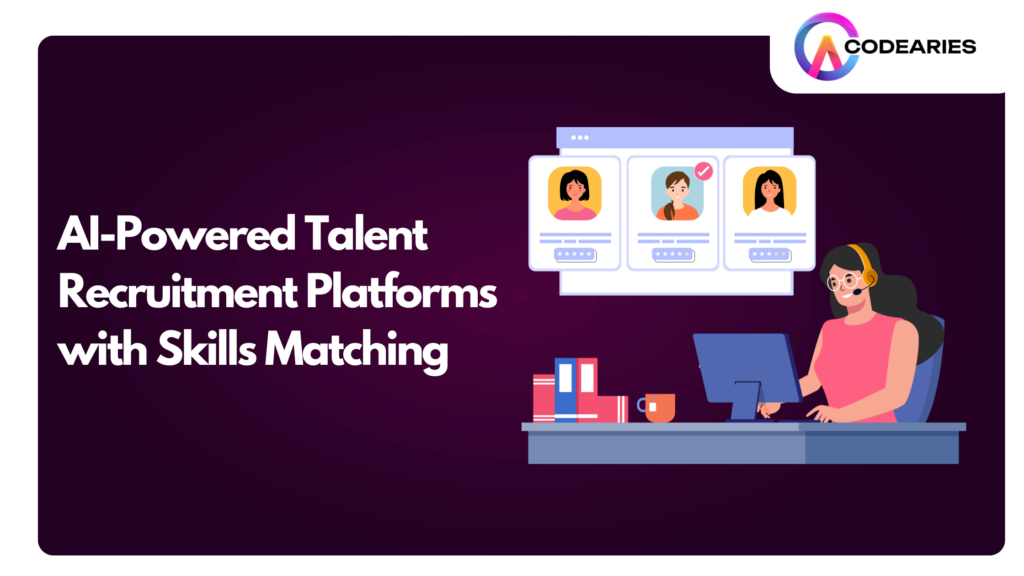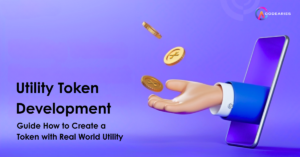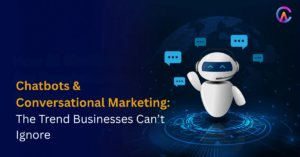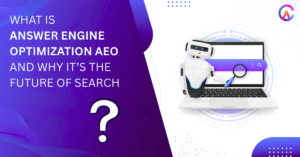Imagine a world where hiring isn’t a guessing game but a seamless process driven by data and precision. This is the promise of AI-powered talent recruitment platforms with skills matching, a revolutionary approach to hiring that’s reshaping how companies find and retain top talent. With AI leading the charge; businesses can match candidates to roles with surgical precision, eliminating inefficiencies and reducing bias.
For organizations striving to stay competitive, these platforms are no longer a luxury but a necessity.
This article’ll uncover how AI changes recruitment, its vital role in skills matching, and how your business can leverage this powerful technology.
Understanding AI-Powered Talent Recruitment Platforms
What are AI-Powered Talent Recruitment Platforms?
AI-powered recruitment platforms are cutting-edge tools that use artificial intelligence to automate and enhance hiring processes. Unlike traditional methods, these platforms analyze vast amounts of data—from resumes to interview feedback—to identify the best-fit candidates for a role. They don’t just make hiring faster; they make it smarter.
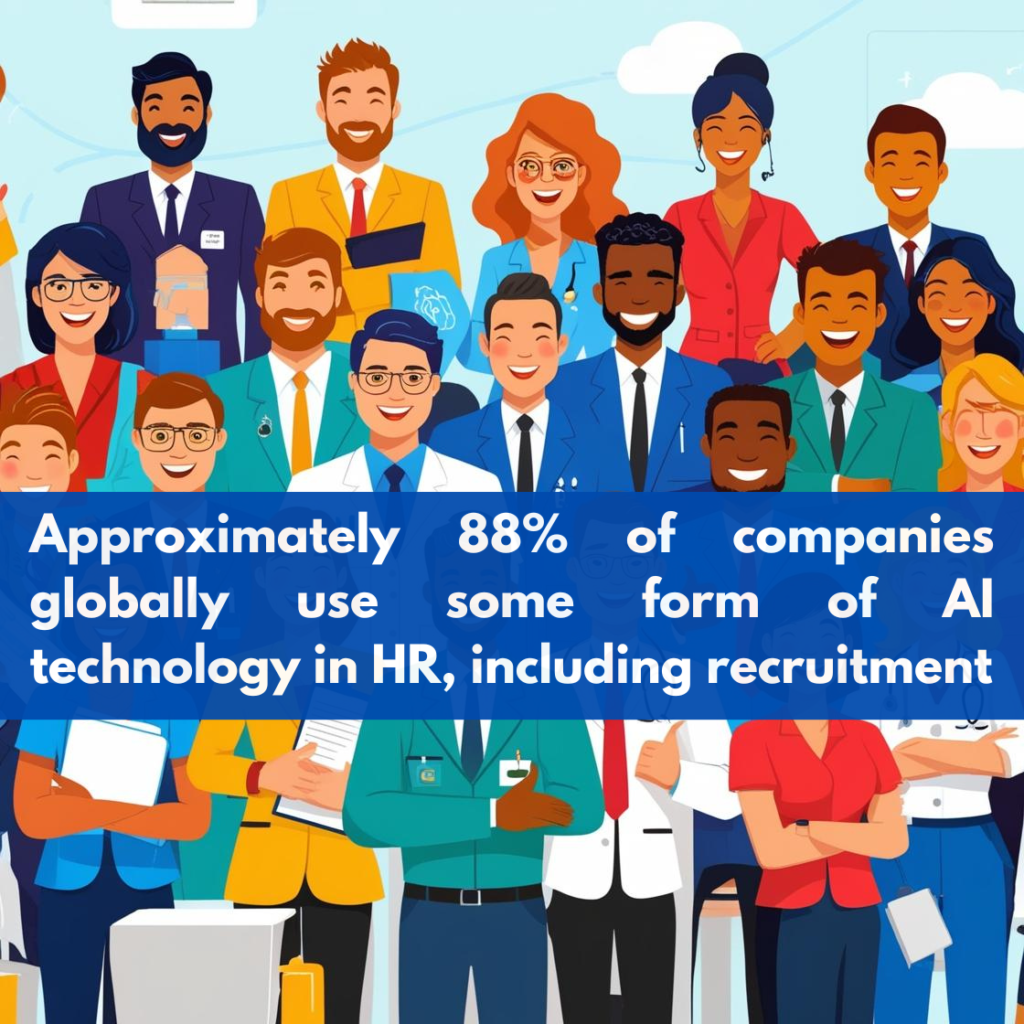
By using AI, companies can screen candidates, predict job performance, and even tailor the recruitment process to specific needs, ensuring a more personalized and efficient experience for both recruiters and candidates.
How AI Transforms Traditional Recruitment Processes
In the traditional recruitment landscape, HR teams often spend countless hours on repetitive tasks such as reviewing applications or scheduling interviews. AI changes the narrative by automating these processes. Imagine a system that reads through thousands of resumes, highlights the top candidates, and schedules interviews—all without breaking a sweat.
Moreover, AI can detect patterns in hiring data, learning what traits lead to successful hires. This predictive capability helps organizations find and identify the suitable candidates, making recruitment a strategic advantage.
The Role of Skills Matching in Recruitment
At the heart of AI recruitment platforms lies skills matching, which ensures candidates’ abilities align closely with job requirements. This feature isn’t just about ticking boxes and understanding nuances. For example, a job posting might call for “analytical thinking.” AI can identify this trait in a resume, even if the candidate uses different phrasing, such as “data-driven problem-solving.”
This precision ensures that businesses don’t just hire fast—they hire well.
Key Features of AI Recruitment Platforms
AI-Driven Skills Assessment Tools
These tools go beyond resumes, testing candidates on their technical, cognitive, and soft skills. From coding challenges for developers to leadership simulations for managers, AI-based assessments ensure objective evaluations.
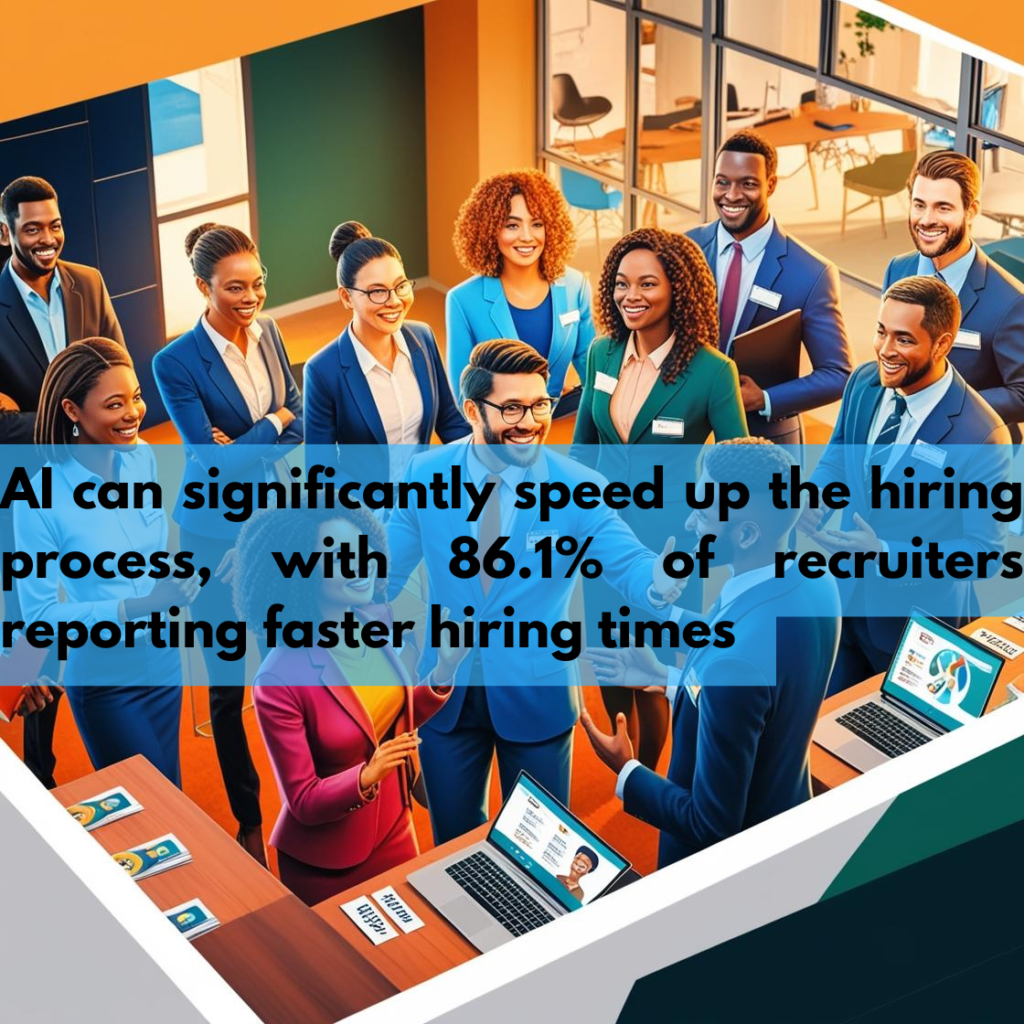
Intelligent Candidate Filtering
AI leverages algorithms to prioritize candidates who match job requirements most closely. This isn’t a mere keyword search but a sophisticated analysis considering experience, education, certifications, and even inferred skills.
Automated Interview Scheduling
Coordinating schedules can be a logistical nightmare. AI platforms streamline this by syncing calendars and sending automated reminders, leaving HR teams to focus on higher-value tasks.
Insights from Recruitment Analytics
Data is the new oil, and AI recruitment platforms are gushing with it. From tracking time-to-hire to analyzing candidate engagement, these platforms turn raw data into actionable insights that drive better hiring decisions.
The Importance of Skills Matching in Recruitment
What is Skills Matching?
Skills matching aligns a candidate’s abilities with the specific demands of a role. It’s the bridge between what a job requires and what a candidate offers, ensuring that every hire is a strong fit.
Benefits of Skills Matching for Employers
Employers gain several advantages through skills matching, including:
- Reduced Turnover: Employees who are a good fit are likelier to stay.
- Enhanced Productivity: Skills-aligned hires hit the ground running, needing less time to adapt.
- Cost Savings: The right hire minimizes additional training and onboarding expenses.
Advantages for Job Seekers
Skills matching saves job seekers time and frustration by connecting them with roles they’re truly qualified for. It also boosts their confidence during interviews, knowing their skills align with the employer’s needs.
Technologies Powering AI in Recruitment
Natural Language Processing (NLP) for Resume Parsing
NLP allows AI platforms to “read” resumes like a human recruiter—but faster and more consistently. It can extract relevant skills, identify gaps, and spot potential red flags.
Machine Learning Models for Candidate Matching
Machine learning continuously improves candidate recommendations by analyzing what works. Every successful hire fine-tunes the system, making it smarter over time.
Predictive Analytics in Talent Acquisition
With predictive analytics, AI doesn’t just assess a candidate’s suitability—it forecasts their future performance and cultural fit. This allows companies to make more informed, forward-looking hiring decisions.
Benefits of AI-Powered Talent Recruitment Platforms
Enhanced Hiring Speed
Recruitment timelines are slashed as AI handles the heavy lifting, enabling companies to secure top talent before competitors do.
Improved Candidate Quality
AI focuses on candidates who are the best match, ensuring hires are skilled and aligned with company culture and goals.
Reduced Recruitment Costs
By streamlining processes and reducing human error, AI platforms significantly lower the overall cost of hiring.
Bias Reduction in Hiring
AI helps eliminate unconscious biases by focusing solely on qualifications and data, fostering a more diverse and inclusive workplace.
Real-Life Applications of AI in Talent Recruitment
Artificial Intelligence (AI) transforms talent recruitment, streamlines processes, and improves efficiency. Here’s how AI is applied in recruitment:
Sourcing and Screening
- Resume Analysis: AI rapidly screens resumes, matching candidates to job requirements.
- Social Media Insights: Algorithms identify talent through skill and experience analysis on platforms.
- Skill Matching: AI assesses candidates’ skills and cultural fit for precise job alignment.
Candidate Assessment and Interviews
- Assessments: AI evaluates cognitive abilities and job-specific skills through tests.
- Video Interviews: AI analyzes verbal and nonverbal cues to provide deeper candidate insights.
- Interview Scheduling: Automated tools streamline scheduling, saving time for recruiters.
Candidate Experience and Onboarding
- Chatbots: AI chatbots answer queries, provide guidance, and enhance engagement.
- Personalized Interactions: Tailored communication keeps candidates engaged.
- Automated Onboarding: AI simplifies tasks like paperwork and document management for smoother onboarding.
Data-Driven Recruitment
- Predictive Analytics: AI forecasts hiring trends and future talent needs.
- Talent Insights: Recruitment strategies are refined with AI-powered analytics.
- Bias Reduction: AI identifies and minimizes biases, fostering inclusivity and fairness.
AI empowers organizations to reduce time-to-hire, enhance decision-making, and create better candidate experiences, complementing human efforts in building stronger teams.
Conclusion
AI-powered talent recruitment platforms with skills matching are revolutionizing how businesses find their ideal hires. By combining speed, accuracy, and fairness, these platforms simplify recruitment and make it more effective. As the future of hiring continues to evolve, companies embracing AI will gain a significant competitive edge. The message is clear for businesses and job seekers alike: the future of recruitment is here, and AI powers it.
FAQs
How is AI used in talent management?
AI enhances talent management by automating processes like performance evaluations, workforce planning, and learning programs. It predicts employee retention, identifies top talent, and personalizes development plans. Analyzing data, AI aligns talent strategies with organizational goals, reducing bias and improving decision-making.
How are companies using AI to 100x their recruiting?
Companies scale recruiting with AI by automating resume screening, candidate matching, and interview scheduling. AI analyzes resumes instantly, identifies top candidates, and uses predictive analytics for better hiring decisions. Chatbots engage applicants 24/7, while recruiters focus on building relationships, dramatically increasing hiring capacity.
Why do many firms use AI in the recruitment of new talent?
Firms use AI in recruitment to boost efficiency, reduce costs, and improve the candidate experience. AI speeds up hiring by automating manual tasks, minimizes bias by focusing on skills, and predicts successful hires using data analytics. It streamlines hiring while delivering actionable insights for better strategies.
How is AI changing talent acquisition?
AI transforms talent acquisition by automating tasks, enabling data-driven decisions, and improving inclusivity. It identifies top candidates based on skills, proactively sources talent, and enhances diversity by mitigating bias. This shift allows recruiters to focus on engagement and strategic hiring efforts.

